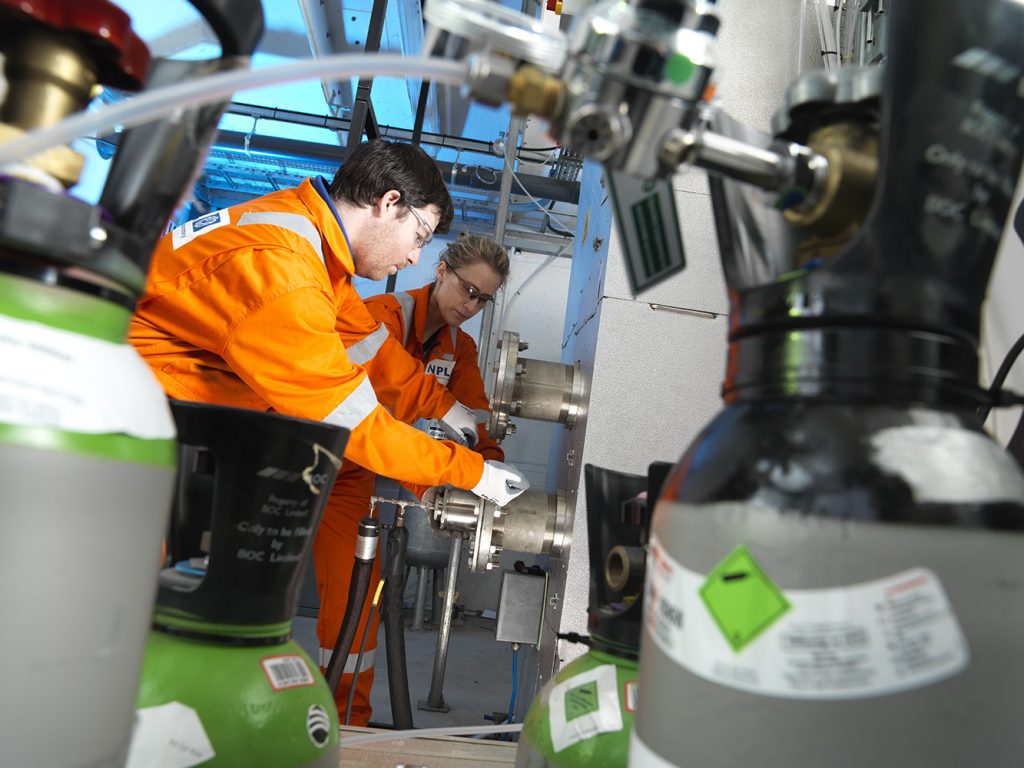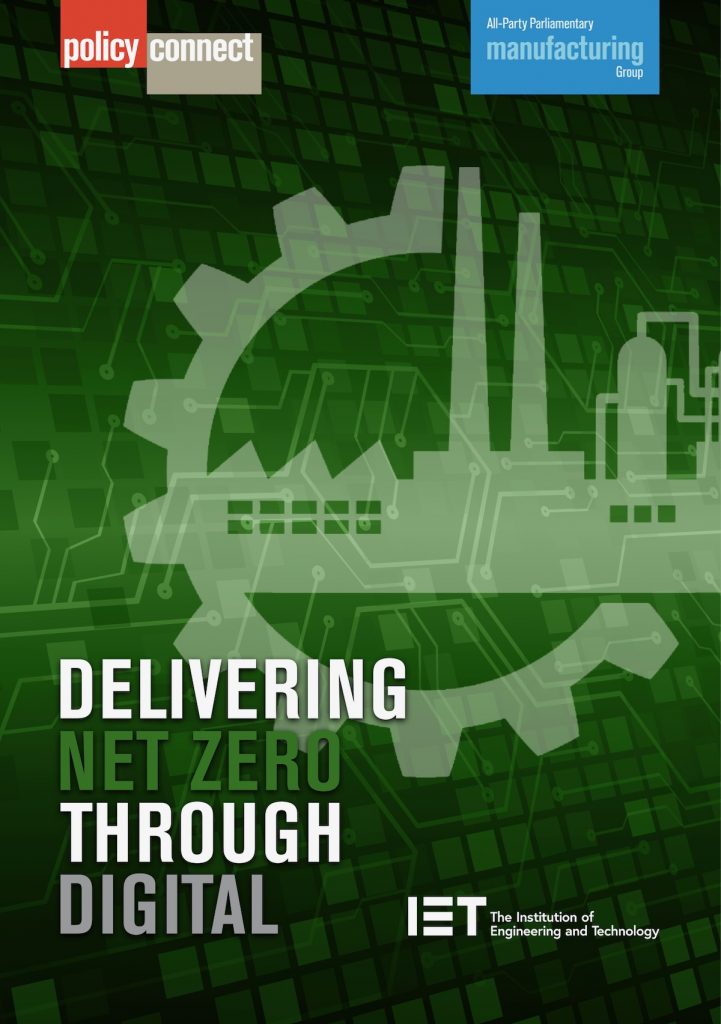
Government should expand its use of tax relief mechanisms to further incentivise manufacturers to direct capital investment into low carbon assets and machinery, according to a new report. The ‘Delivering Net Zero through Digital’ report comes from Policy Connect, the All-Party Parliamentary Group for Manufacturing and the Institution of Engineering & Technology.
It says achieving commitments enshrined in law to reach net zero carbon by 2050 and for heavy industry to cut greenhouse gas emissions by 78% by 2035 will require “every policy lever” to be pulled. Supporting the manufacturing sector will be crucial as it currently accounts for 15% of UK’s emissions, it emphasises.
The report argues that existing incentives can be better targeted to help businesses embed net zero practices and urges the government to use Capital Allowances in their various forms to ensure manufacturers are investing in green technologies.
It calls for the existing super deduction tax relief to be extended from 2023 to 2030, which would enable businesses to use these allowances strategically to meet the potentially higher initial cost of greener technologies. The report adds that government should introduce a low-carbon eligibility criterion for all tax reliefs and allowances.

“Looking at plant machinery and assets, these can have a lifespan of up to 25 years depending on usage, maintenance and machine quality,” the report states. “With the lifetime of this equipment eating into the 13 years we have to reach a 78% reduction in carbon consumption, there is no time to lose. Driving investment in low carbon or green technologies is crucial. With 2050 targets in mind, this is a key opportunity to get businesses back on track and align their processes with net zero ambitions.”
Chair of the IET’s Manufacturing Policy Panel Steve Evans commented: “Together, digitalisation and sustainability are the two most powerful forces that we are going to see in manufacturing over the next decade. Joint and synergistic action on both is now urgent and vital.
“To deliver the ambitious CO2 reduction target of 12MT as set out in the Government’s Decarbonisation Strategy will require a gigantic effort from both digital and sustainability problem-solvers, on an industrial scale,” he added. “Politicians and policymakers can help too by ensuring manufacturers have the business and financial support they need.”
The report says the return on investment will be three-fold: generating income on low carbon technologies, creating a culture of introducing and exploiting low carbon technologies and preparing the sector well in advance of the net zero targets.
Digital technologies fall under the definition of capital assets, so there is scope for considerable investment to be made here while making use of capital allowances, it adds.
The report’s author – Policy Connect head of industry, technology and innovation Floriane Fidegnon – said: “Now more than ever, manufacturers need the tools to ensure that their businesses are sustainable in the long term.
“Digital technologies can support this; however, business leaders need government’s support to be able to invest and deploy technology at scale. This report highlights the potential alignment between environmental and industrial policy, calling for key action now.”

